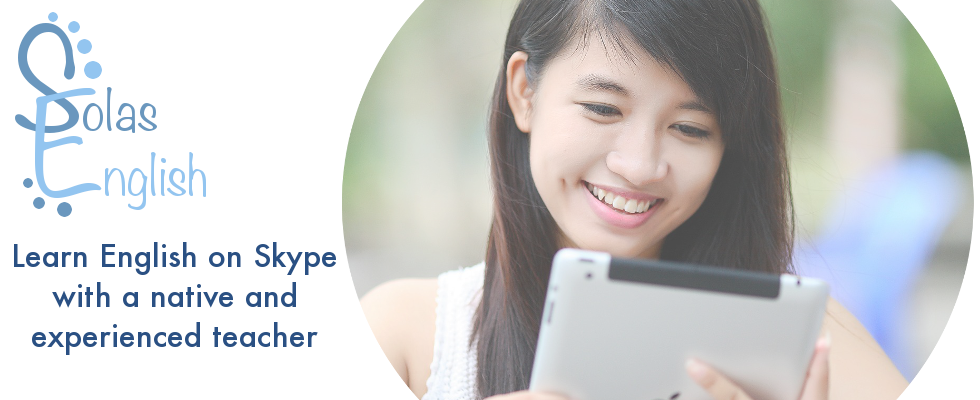Xinlong (Jerry) is a MSc Architectural Engineering: Environmental Design student at the University of Bath.
Jerry has kindly taken some time out of his busy schedule to talk to us today about his experience on the English pre-sessional course which was combined with his degree offer, and gives some advice about academic skills and culture.
So first question Jerry, why did you apply for the University
of Bath?
I applied for Bath because this university has a very
good reputation in the architect industry in the UK and the courses
in the degree are very well organised - covered most of my interests.
Plus, Bath is a very delicate town.
How did the pre-sessional English course help you?
Firstly, as this is my first time to
study abroad, the pre-sessional course helped me start to talk to
people in English, which made my following study much easier.
Secondly, the writing part of the course was extremely helpful. I
learned how to structure an academic essay in English properly.
Thirdly, I met many friends who were going to take the same degree
course as me in the course. Overall, the pre-sessional course was a
very good start point of my study in the UK.
"the pre-sessional course helped me start to talk to people in English"
Were you surprised by the differences
between the academic culture in your country and in the country where
you studied?
Yes, the academic atmosphere in the
UK is more active than in my country.
What differences did you not expect?
The relation between tutors and
students is more like friends.
Do you think it's a good idea for
students applying to an English language university to do an academic
course/pre-sessional course to help them prepare?
Yes I think it’s a very good idea to do a pre-sessional course
before the degree course for students who plan to study in English
for the first time, even if your English level has reached the
requirements, because this can help you to get familiar with the
academic style beforehand.
"It’s a good idea to make clear what you need to improve in particular."
Do you have any advice for students who
are thinking about taking an academic preparation course?
It’s a good idea to make clear
what you need to improve in particular. This could make the course
more effective. Also, try to engage in the course as much as
possible, the more uncomfortable you feel during the pre-sessional
course, the more comfortable you will feel during your degree course.
Are you happy with your experience on the course?
Overall I am very satisfied with my
experience during the pre-sessional course. I feel very lucky to have
met all the people in the course.
Thank you Jerry, and we wish you the best with your studies in the future.








